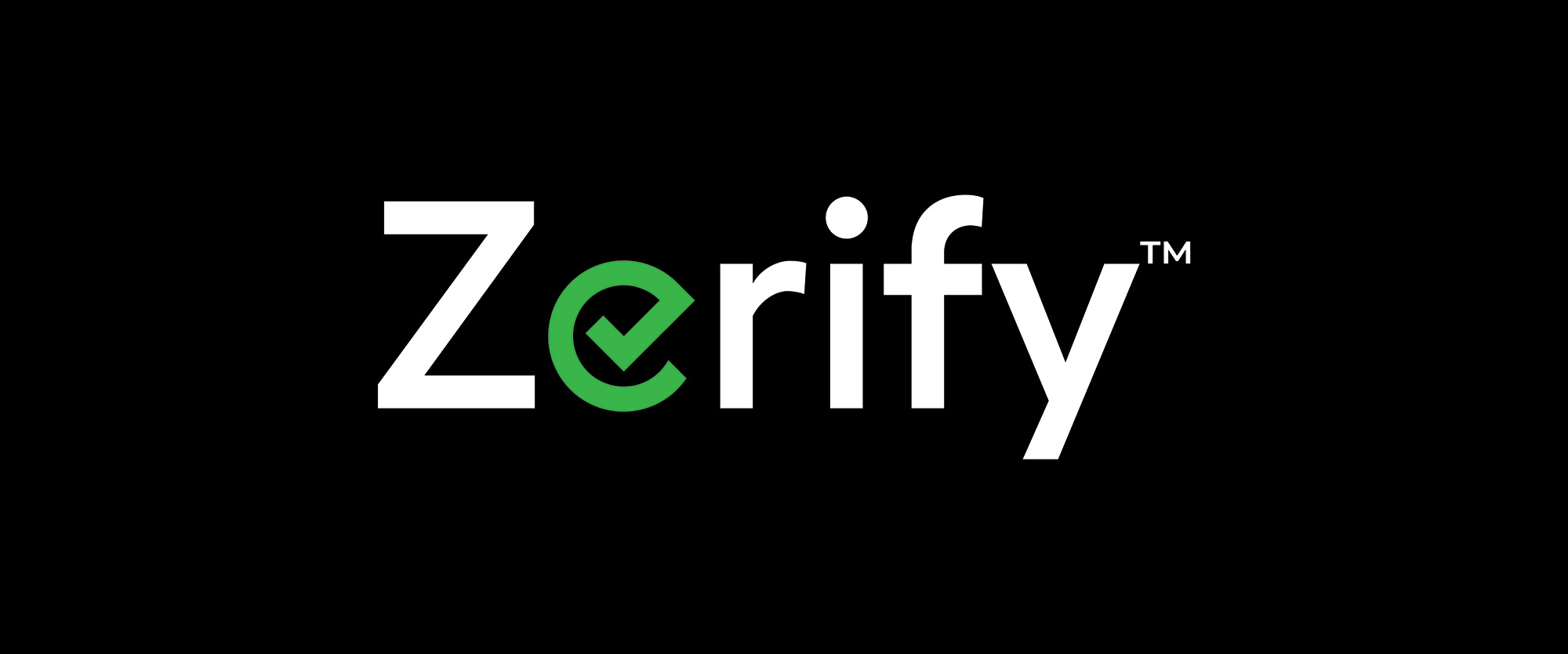
The pandemic catapulted video conferencing into the mainstream; it has become the quintessential communication tool for businesses. Virtual public meetings have become an essential part of modern business operations, and this trend has been accelerated by the global shift towards remote and hybrid work models. Many experts predict that by the end of the decade, virtual meetings will be used by 50% of the world’s employees for regular business operations.
However, this seismic shift to virtual meetings has also highlighted the perils associated with virtual meeting security. The reality is that most video conferencing platforms are extremely vulnerable to cyber-attacks. Recent attacks against industry giants, i.e., Zoom & MS Teams, have exposed that each of them has at least two major cybersecurity shortcomings, 1) their platforms lack advanced cybersecurity access control capabilities, 2) their offerings lack the ability to protect the endpoint from eavesdropping spyware.
Due to the nature of the data that is being shared over virtual meetings, these technical deficiencies could ultimately end up having a cataclysmic outcome on your organization if breached.
To understand virtual public meetings better, let’s first establish what a public meeting is. A public meeting can be joined by anyone with the invitation link, and these invitation links are typically shared openly. The problem with this concept is that all sorts of potentially disruptive individuals can join the public meeting and wreak havoc, making meaningful communication difficult. As a result of this shortcoming, many meetings across many platforms have been disrupted, requiring the host to reschedule the meeting only to have the same issue occur. There’s even a name for this type of disruption; “zoombombing”. Additionally, disruptors may join your public meeting and share malicious links with other participants via the chat channel. These malicious links often drive visitors to malware-laden websites and downloads, with the ultimate goal of stealing corporate credentials and confidential data.
Preventing unauthorized access to virtual public meetings is now considered critically important for the following reasons:
1. Privacy and Confidentiality: Virtual public meetings often involve sensitive discussions, such as business strategies, confidential client information, and personal matters. Unauthorized access can lead to the exposure of private information, which can have serious consequences for individuals and organizations.
2. Data Protection: In virtual public meetings, participants may share or discuss documents, data, and files. Unauthorized access can lead to data breaches, data theft, or unauthorized copying of information, potentially compromising intellectual property or sensitive information.
3. Intellectual Property Protection: Many virtual public meetings involve discussions related to intellectual property, product development, or innovative ideas. Ensuring the security of these meetings prevents the theft of intellectual property, which can be detrimental to innovation and competitiveness.
4. Regulatory Compliance: Various industries and regions have specific regulations governing the security and privacy of data. Failure to secure virtual public meetings can result in non-compliance with these regulations, leading to legal consequences, fines, and reputational damage.
5. Managing Reputation: If unauthorized individuals gain access to a virtual public meeting and disrupt it, it can harm the reputation of the organization. This can lead to a loss of trust and credibility among stakeholders and clients.
6. Productivity and Efficiency: Unauthorized participants can disrupt virtual public meetings, causing delays and reducing productivity. A secure meeting environment ensures that participants can focus on the agenda without interruptions.
7. Legal and Ethical Concerns: Unauthorized access to virtual public meetings can lead to legal disputes and ethical dilemmas. It may result in claims of invasion of privacy, harassment, or other legal issues that can be costly and time-consuming to resolve.
8. Cybersecurity Risks: Virtual public meetings can be vulnerable to cyberattacks, such as phishing, malware, and hacking attempts. Securing meetings helps to reduce the risk of cyber threats and data breaches.
9. Trust and Confidence: Ensuring the security of virtual public meetings builds trust and confidence among participants. It demonstrates that an organization takes privacy and security seriously, which can lead to stronger relationships with clients, partners, and employees.
Zerify Meet has been recognized by both the Forrester & the Aite-Novarica Analyst Groups as the industry’s most secure video conferencing platform due to the fact that we built our video conferencing technology on top of our award winning ProtectID Out-of-Band Authentication platform. Zerify Meet is the only true zero trust video conferencing platform on the market with the ability to authenticate every participant with two-factor authentication and lock down your camera, microphone, speakers, keyboard, and clipboard from spyware.
While Zerify Meet’s secure meetings are considered the most secure in the world, we also understand the need and value in having virtual public meetings. For this reason, we presented ourselves with the challenge of securing virtual public meetings without sacrificing ease of use.
Well, we did it! Zerify is excited to announce that we have solved the problem of adding security to virtual public meetings. We will soon be adding a new feature in Zerify Meet called “Public Meeting Lockdown” which enables the meeting host to lock a public meeting with a single click, instantly preventing anyone else from joining. If the host then decides to reopen the public meeting, they may do so also with a single click of the new room lock toolbar button.
If you would like to test our new secure public meetings, please contact us using the information below:
George Waller
gwaller@zerify.com
(732) 661-9641 ext. 101